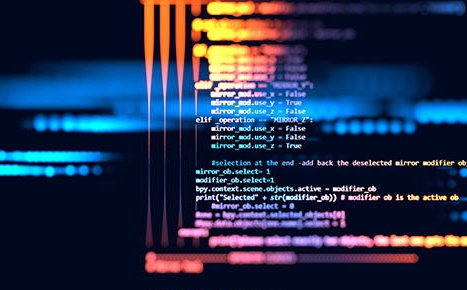C++——异常
- 人工智能
- 2025-08-21 20:36:02

异常是程序在运行期间产生的问题,是一种逻辑问题而非语法问题
1、抛出异常 //异常处理 string st("admin"); cout<<st.at(22)<<endl; //系统自动抛出的异常C++异常机制不完善,有时需要程序员手动抛出异常,使用throw关键字
#include <iostream> using namespace std; double divide(double a,double b){ //手动抛出异常 if(b==0){ throw "除数为0"; //会显示数据类型 } return a/b; } int main(){ cout<<divide(4,2)<<endl; cout<<divide(4,0)<<endl; return 0; } 2、捕获异常如果有异常对象的抛出,可以使用try-catch代码块捕获异常
#include <iostream> using namespace std; double divide(double a,double b){ if(b==0){ throw "除数为0"; //会显示数据类型 } return a/b; } int main(){ try{ //要捕获的可能出现异常的代码 cout<<divide(4,2)<<endl; cout<<divide(4,0)<<endl; }catch(char const* error){ //char const*为"除数为0"的数据类型 cout<<error<<endl; } cout<<"*******"<<endl; return 0; }注意:
(1)try代码块中无异常抛出
此时try代码块内代码正常执行,catch代码块无效。因此一定不会抛出异常的代码不要放置到try代码块中。
(2)捕获类型与异常类型不同
此时try-catch失效,程序会把异常转交给上级处理。
(3)try代码块的异常代码后仍然存在代码
try代码块中一旦出现异常,会直接跳转到catch代码块进行类型匹配,匹配成功进入catch代码块,执行完成后,try-catch结束;匹配失败后直接把异常交给上级处理
3、自定义异常实际开发中,需要开发团队把自定义异常加入其中,标准异常的头文件可以使用#include <stdexcept>
#include <iostream> #include <stdexcept> using namespace std; //自定义异常 class My_except:public exception{ public: //throw()是异常规格说明,表示此函数不会抛出异常 const char *ppp() const throw(){ return "自定义异常" ; } }; double divide(double a,double b){ //手动抛出异常 if(b==0){ throw My_except(); } return a/b; } int main(){ //捕获自定义异常 try{ //要捕获的可能出现异常的代码 cout<<divide(4,2)<<endl; cout<<divide(4,0)<<endl; }catch(const My_except& error){ cout<<error.ppp()<<endl; } cout<<"*******"<<endl; return 0; }上一篇
第十五届蓝桥杯:爬山
下一篇
知识蒸馏知识点




















